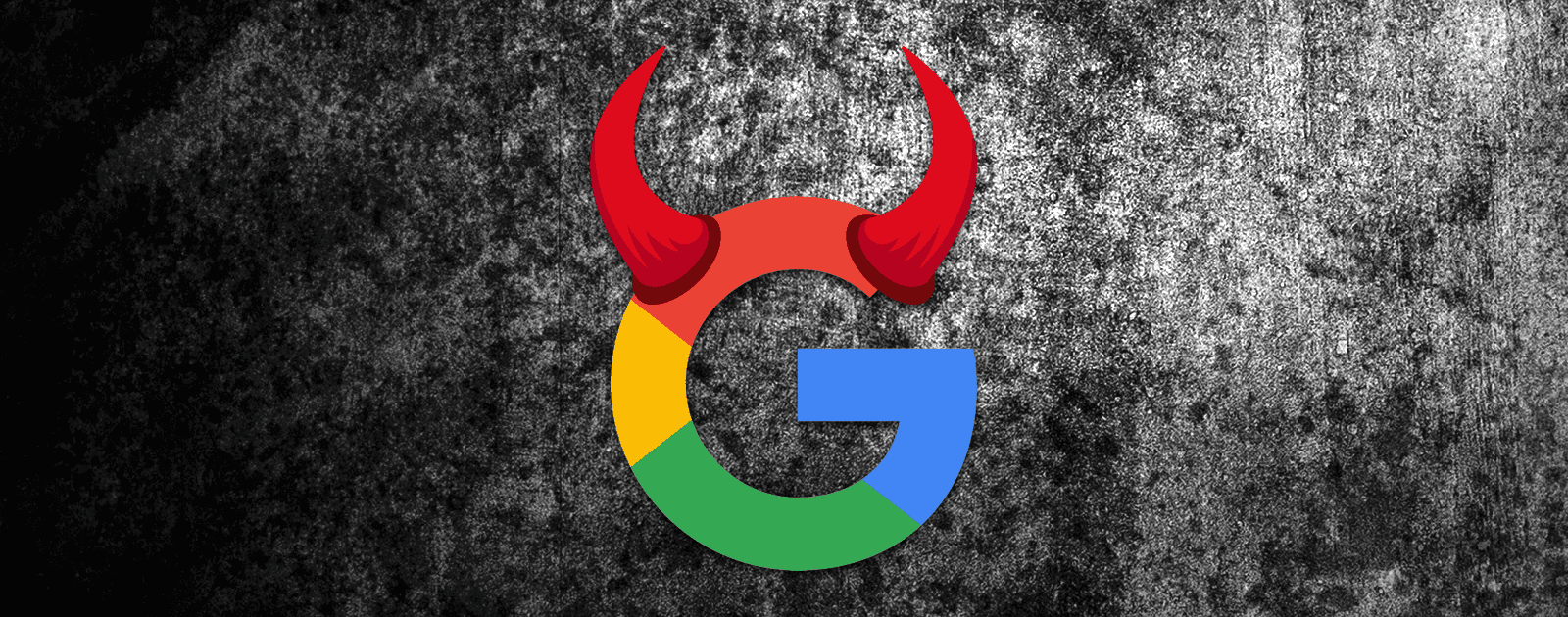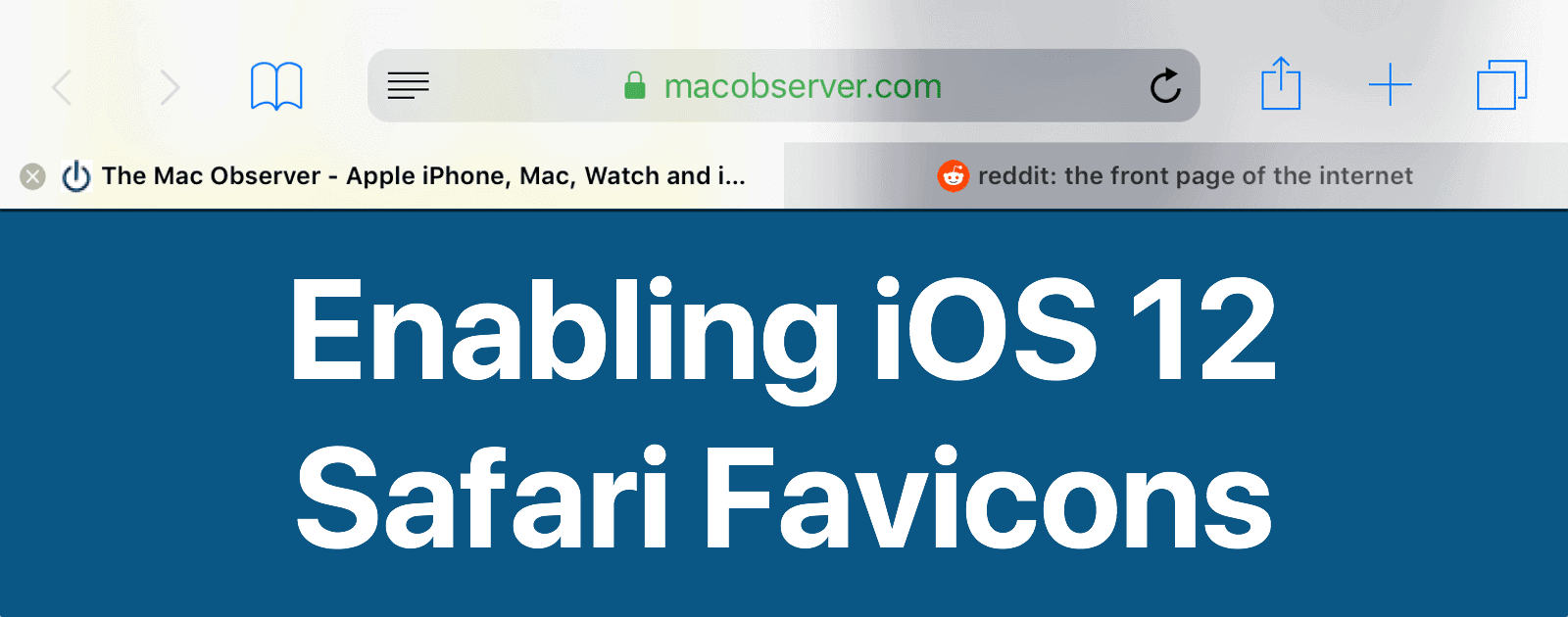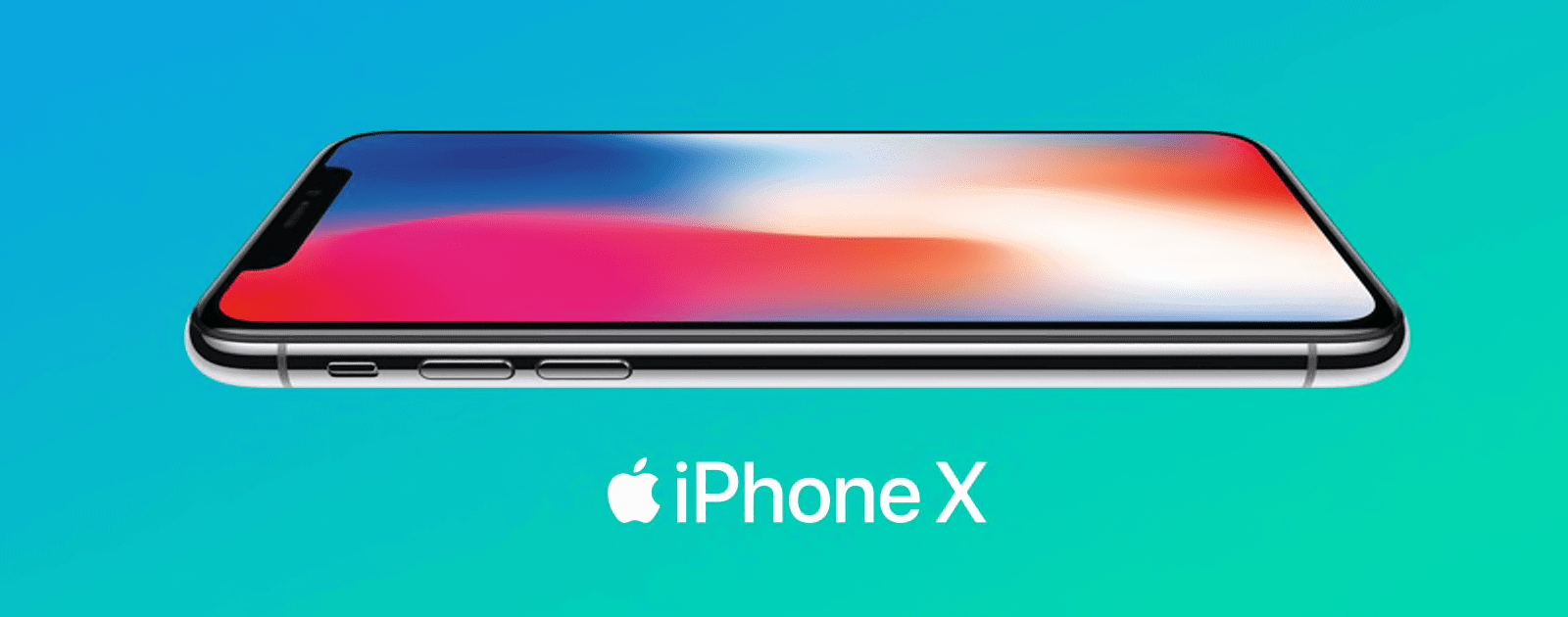Although Silicon Valley has changed the world through its proliferation of tech companies, it has also created a bunch of problems, says Antonio Martínez from Wired. He says that Silicon Valley has created a modern caste system.
But it is the vision of the future that San Francisco offers: highly stratified, with little social mobility. It’s feudalism with better marketing. Today’s “sharing” economy resembles the “sharecropping” of yesteryear, with the serfs responding to a smartphone prompt rather than an overseer’s command…Inequality rarely decreases, and when it does it’s often as the result of wars, revolutions, pandemics, or state collapse.





















